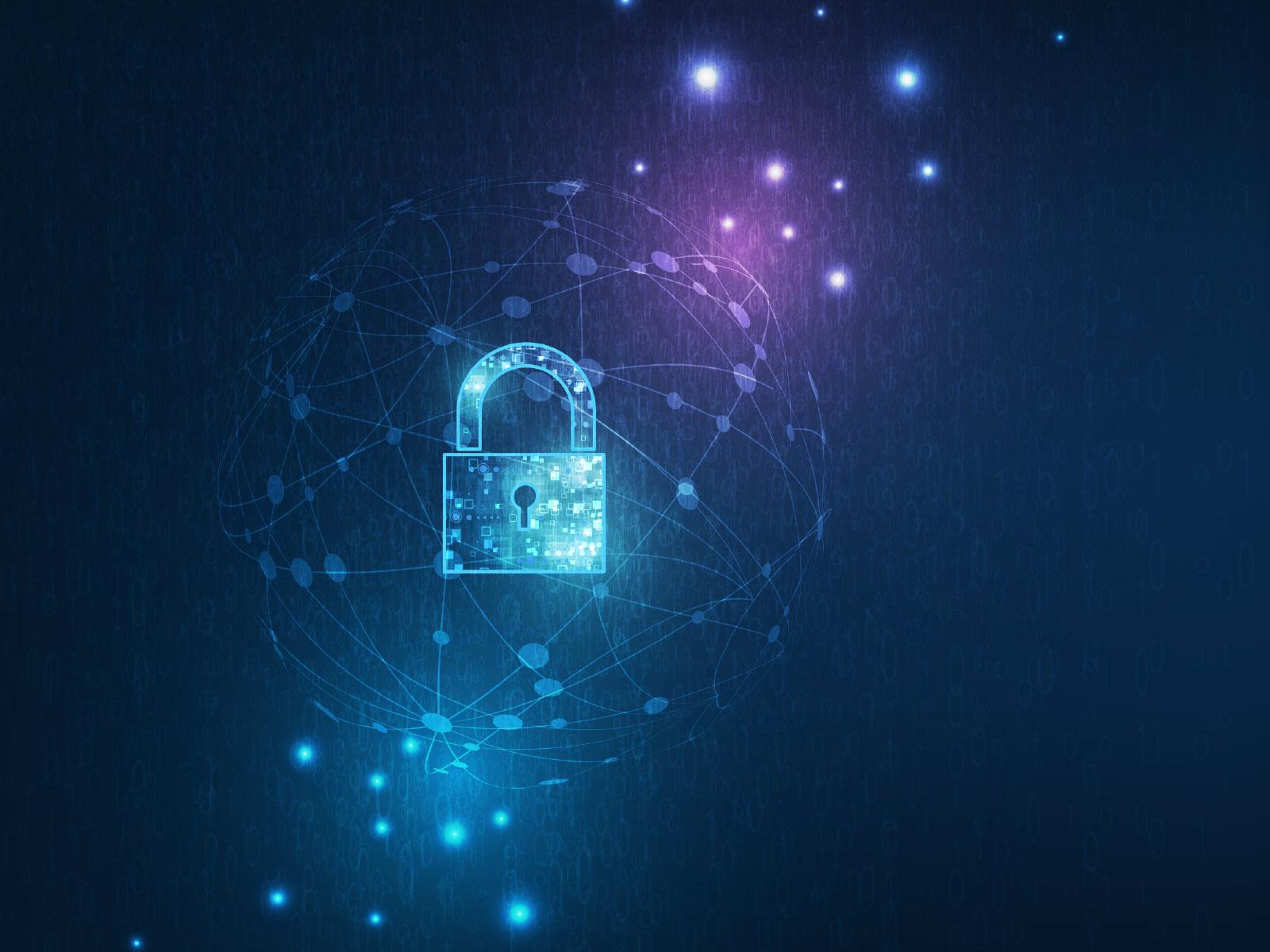Pacific Northwest National Laboratory and The University of Texas at El Paso Collaborate to Strengthen Data Protection
Joint appointments at the two institutions are teaming together to strengthen and protect sensitive data

Image: Thitichaya Yajampa | Shutterstock
Researchers are partnering to increase privacy and security of sensitive data that may contain personally identifiable information. Pacific Northwest National Laboratory (PNNL) Data Scientist Tony Chiang and The University of Texas at El Paso Mathematical and Computational Sciences Professor Amy Wagler are leading the project.
Chiang and Wagler maintain joint appointments with UTEP and PNNL. Joint appointments elevate the productivity of researchers at both institutions, providing strategic capabilities that accelerate scientific impact.
Data privacy and sharing is a continued challenge in today’s world of technological advancements. The PNNL and UTEP project team is seeking to protect data from security breaches by developing a generative adversarial network, or a machine learning model, in which two neural networks compete using deep learning methods to become more accurate in their predictions. Instead of using real data, the generative adversarial network will use synthetic data. Discriminators in the model will not be able to differentiate between the two data sets, making it impossible to identify and differentiate sensitive data from synthetic. This is extremely important in industries working directly with sensitive data, like health care.
Although the process is clear, it is a challenge to scale up the model without compromising data security and privacy.
The impact of collaboration

Wagler said, “We are often siloed in academia, but working on shared projects with PNNL breaks down those silos and provides opportunities, professional support, and resources we need to solve these challenges.”
Shared projects also open doors for students to work with scientists from national laboratories, she said. UTEP Doctoral Candidates Reagan Kesseku and Cesar Vazquez have both been able to contribute to the project thanks to the partnership.
“The differential synthetic data generation project gave me the opportunity to collaborate with renowned researchers and gain exposure to cutting-edge research skills. I learned the value of interdisciplinary collaboration and how it can drive innovation,” said Kesseku.
A core component to the partnership with UTEP and PNNL is the commitment to investing in the future STEM workforce by creating opportunities for students to have hands-on research experience, mentorship, and experience in a national laboratory setting. Every year, hundreds of students from around the nation join PNNL for internship and research associate opportunities. Every student is connected with a dedicated mentor to champion their experience and growth during their time.

“The most rewarding part of the collaboration is getting to work with PhD students and helping them open their eyes to see the impact of their work,” said Chiang. “Often, PhD students are solving problems for a thesis without a clear implication for the usefulness and utility of their work. As a Department of Energy national laboratory, PNNL tackles some of the world’s pressing science and technology challenges. Having students here at PNNL affords them the opportunity to understand how their work really impact the mission.”
Built on the complementary strengths of UTEP and PNNL, this collaboration is fostering multidisciplinary research, deepening and broadening capabilities, and providing access to instrumentation and tools for both institutions. The opportunities created through this not only accelerate scientific impact for today’s experts, but also serve as a pathway to inspire and equip tomorrow’s scientists and engineers.
Kesseku explained, “The project allowed me to apply theoretical concepts to real-world data challenges, fostering critical thinking and problem-solving skills while contributing to meaningful research with practical implications.”
Published: July 27, 2023